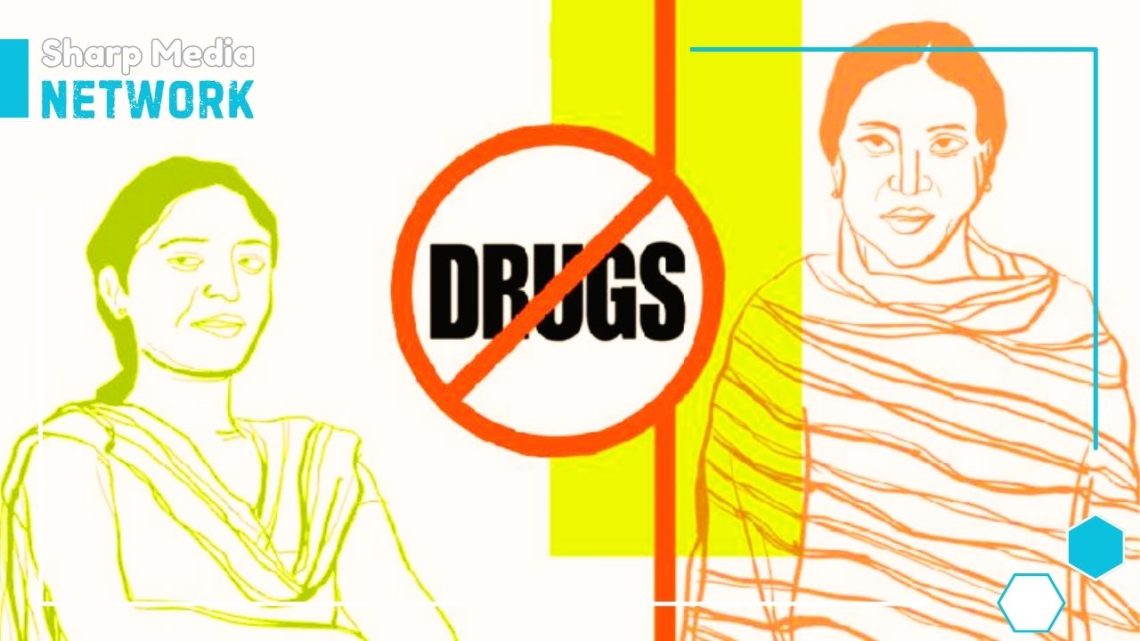
The Drug Epidemic Fuelled by India in IIOJK
December 4, 2024India’s illegal occupation of IIOJK has not only crushed its people’s fight for freedom but is now fuelling a devastating drug epidemic, trapping its youth in a cycle of addiction and despair.
In Indian-occupied Jammu and Kashmir (IIOJK), a shocking 26% of prison inmates are detained under the Narcotic Drugs and Psychotropic Substances (NDPS) Act. This alarming statistic reflects the deepening impact of India’s oppressive occupation policies, which continue to devastate the region and its people.
Recent data from the IIOJK Prison Department, released on October 31, 2024, shows that 1,413 out of 5,335 inmates are imprisoned on drug-related charges. This includes 23 convicted individuals, 1,242 under-trials, and 148 detenues. Among the under-trials, 28 are women, and the overwhelming majority of those arrested are young people, particularly in the age group of 19-35. This trend signals a disturbing shift, with youth falling victim to drugs as a diversion from their struggle for self-determination.
The figures also highlight the alarming presence of those aged 19-25 among the detenues. This group represents a significant portion of the affected population, demonstrating how widespread drug abuse has become in Kashmir. The drug epidemic is not just a legal issue but a social crisis, with young lives being destroyed by addiction and the toxic environment created by India’s forceful occupation.
Experts argue that the rise in drug-related offenses is no coincidence. It is seen as part of a deliberate strategy by the Indian government to distract and demoralize Kashmiri youth, preventing them from engaging in their rightful struggle for freedom. Nocturnal raids, crackdowns, and constant harassment have left many young people vulnerable to the lure of narcotics as a form of escape. The region’s social fabric is unraveling, with addiction and criminality replacing the once-strong resistance movement.
The scale of the problem is shocking, and urgent intervention is needed. Experts stress the need to tackle addiction at its root causes—economic hardship, lack of opportunity, and the psychological trauma caused by years of military occupation. The crisis demands not just legal reforms but comprehensive rehabilitation efforts, aimed at providing Kashmiri youth with the tools to break free from the grip of addiction.
The narcotics trade, often exacerbated by India’s own policies, must be curbed. Without effective measures to combat drug trafficking and addiction, Kashmir’s youth will remain ensnared in a cycle of destruction. This issue is a ticking time bomb, and the world must not ignore the devastation it continues to wreak on the people of IIOJK.

